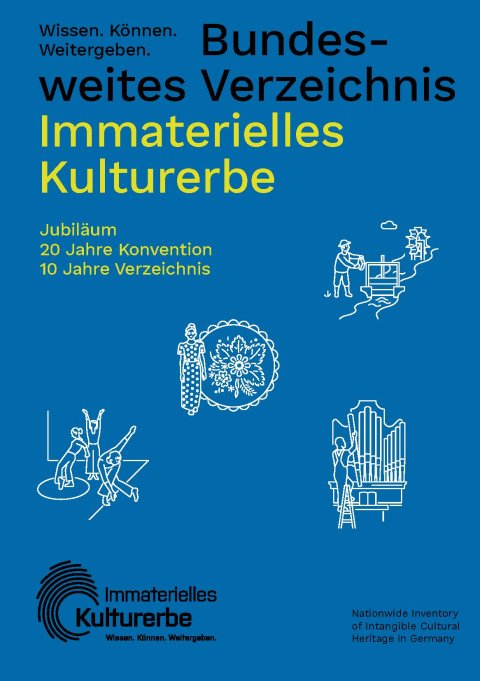Nationwide Inventory of Intangible Cultural Heritage
Two-Rhythm Dance

The “Zwiefacher” is a traditionally Bavarian-Bohemian musical genre that encompasses music, dance and singing. Its characteristic is the irregular alternation between three-quarter-time (waltz) and two-quarter-time (turn). The oldest Bavarian source of a “Zwiefacher” is a music handbook from 1740 and the earliest printed proof of a “Zwiefacher” is a publication from 1825.
Facts & figures
Crucial date: all seasons
Inscription: 2016
Domains: performing arts; social practices, rituals and festive events
Where to find: Bavaria
Contact
District Niederbayern / Culture Department
Dr. Maximilian Seefelder
@email
The “Zwiefacher” is an integral part of the folk music scene, which consists of countless instrumental and vocal ensembles as well as dance groups. Through decades of cooperation between different folk music groups and the Bavarian public broadcasting service (Bayerischer Rundfunk), the “Zwiefacher” became popular throughout Bavaria and beyond. Numerous publications and sound recordings document the continuous presence of this musical genre since the end of the Second World War.
In seminars dedicated to the maintenance of folk music, as well as by individual initiatives at club level, the “Zwiefacher” is presented in its instrumental, vocal and danced forms and variations. In addition, public institutions such as archives and research centers care for the documentation and preservation of the “Zwiefacher”.
The diverse regional tradition of the “Zwiefacher”, with its familiar melodies, rhythms, lyrics and step sequences, has an identity-defining character for the participating groups, which is strengthened not least by a deliberately creative discussion of the material.
More recently, the so-called new folk music has discovered the “Zwiefacher”, and has produced new compositions and interpretations of this genre. Traditional string, wind and plucked instruments are used as well as modern electronic instruments. Even outside the folk music scene, the “Zwiefacher” enjoys acceptance and presence. It is played in beer tents, at firefighting festivals and at church festivals as well as on weddings and masquerade balls.





